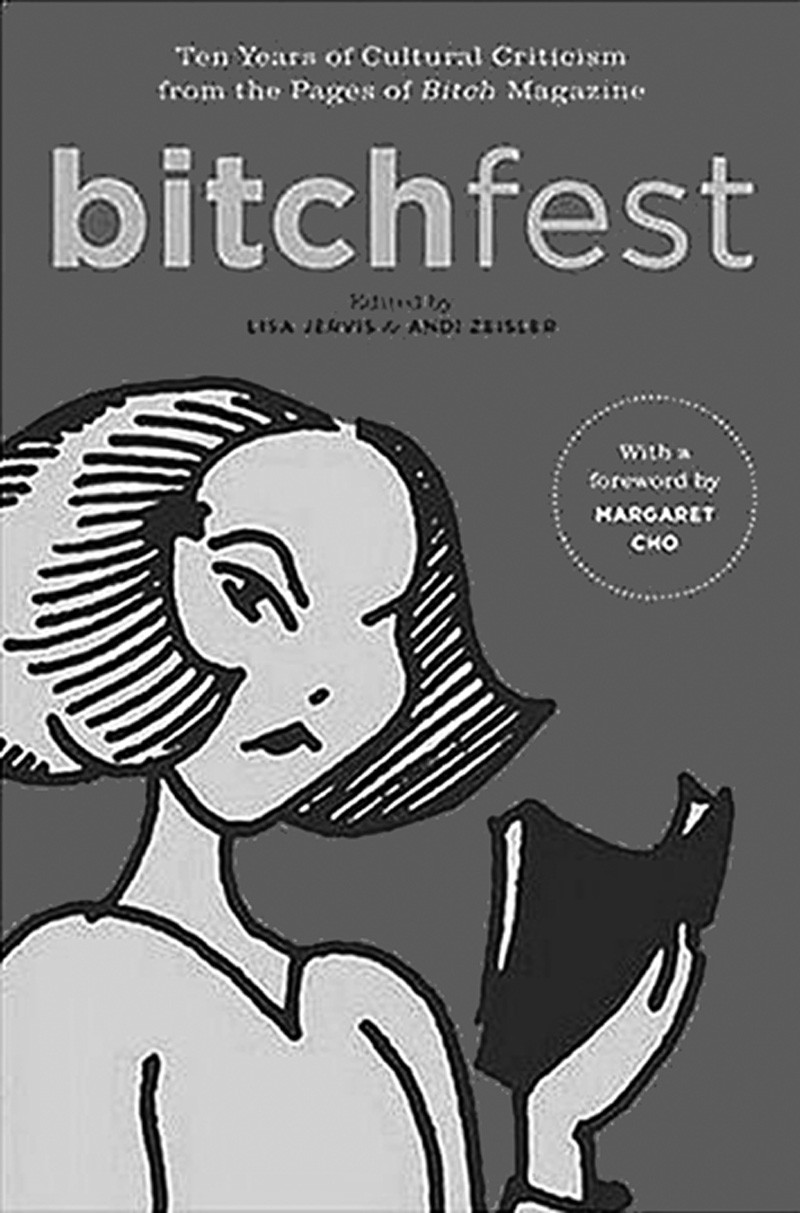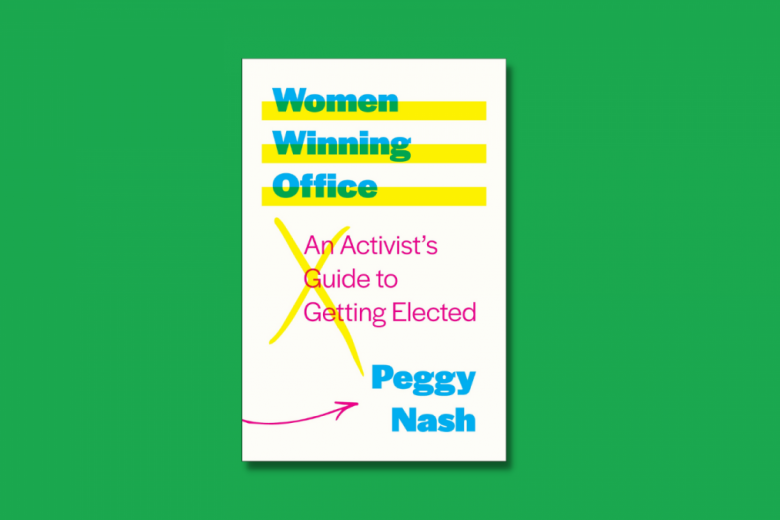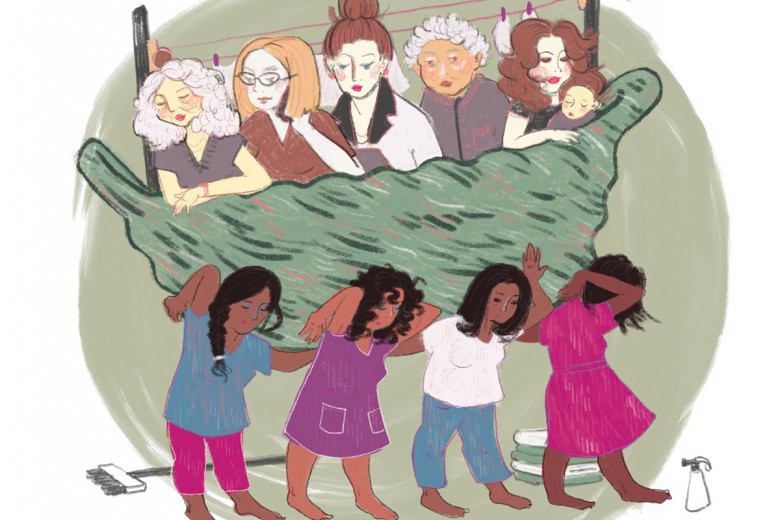
Bitchfest
Ten Years of Cultural Criticism from the Pages of Bitch Magazine
Lisa Jervis and Andi Zeisler, editors
Farrar, Straus and Giroux, 2006
For the past decade, Bitch Magazine, “a feminist response to pop culture,” has been on the front lines of resistance to the sexism propagated through the mainstream magazine market, pop music videos, Hollywood films, and pulp fiction. Through the critical lens of feminism, contributors to the magazine scrutinize formula movies and hip films, fashion trends and political fads, icons, iconoclasts, and any figure that stands tall on the landscape of Anglo-American pop culture. The writing is smart but not academic. It is often acerbic and sometimes rhetorical, but never pointless and always insightful.
Bitchfest is an anthology of some of the magazine’s best articles, with a few new pieces thrown in. Topics include menstrual blood in ‘70s horror films, androgyny in ‘80s music videos, fat suits in movies, cosmetic surgery, reality porn, gay TV characters, commercial adoption of feminist stances, commercial adoption of anti-feminist stances, post-modern pseudo-ironic performances of semi-self-deceived anti-feminist feminism, and Martha Stewart.
The book is divided thematically, giving it the feel of a text for a humanities or social sciences course. Thanks to its accessibility and wit, however, the book shouldn’t require inclusion on a syllabus to sell. The subject matter is stuff most North Americans know about (whether they want to or not) and the conversational and often humourous tone will draw in many whose perception of the feminist movement has been tainted by the oft-propagated but false stereotype that feminism is no fun. The editors do a wonderful job of taking on such clichés, devoting an entire chapter to the topic of feminism’s treatment in mainstream discourse and media.
Someone already passionate about feminist issues will delight in the precision and style with which the contributors slice up the world of advertising and entertainment. They may also be surprised — either at finding charges of racism and (hetero-)sexism levelled against seemingly positive works and trends, or at the hint of subversive potential in apparently neutral or regressive places. Someone curious or skeptical about the relevance of feminism will find this collection an accessible starting point and an enlightening rebuttal of any mind-narrowing stereotypes they may have brought with them.






